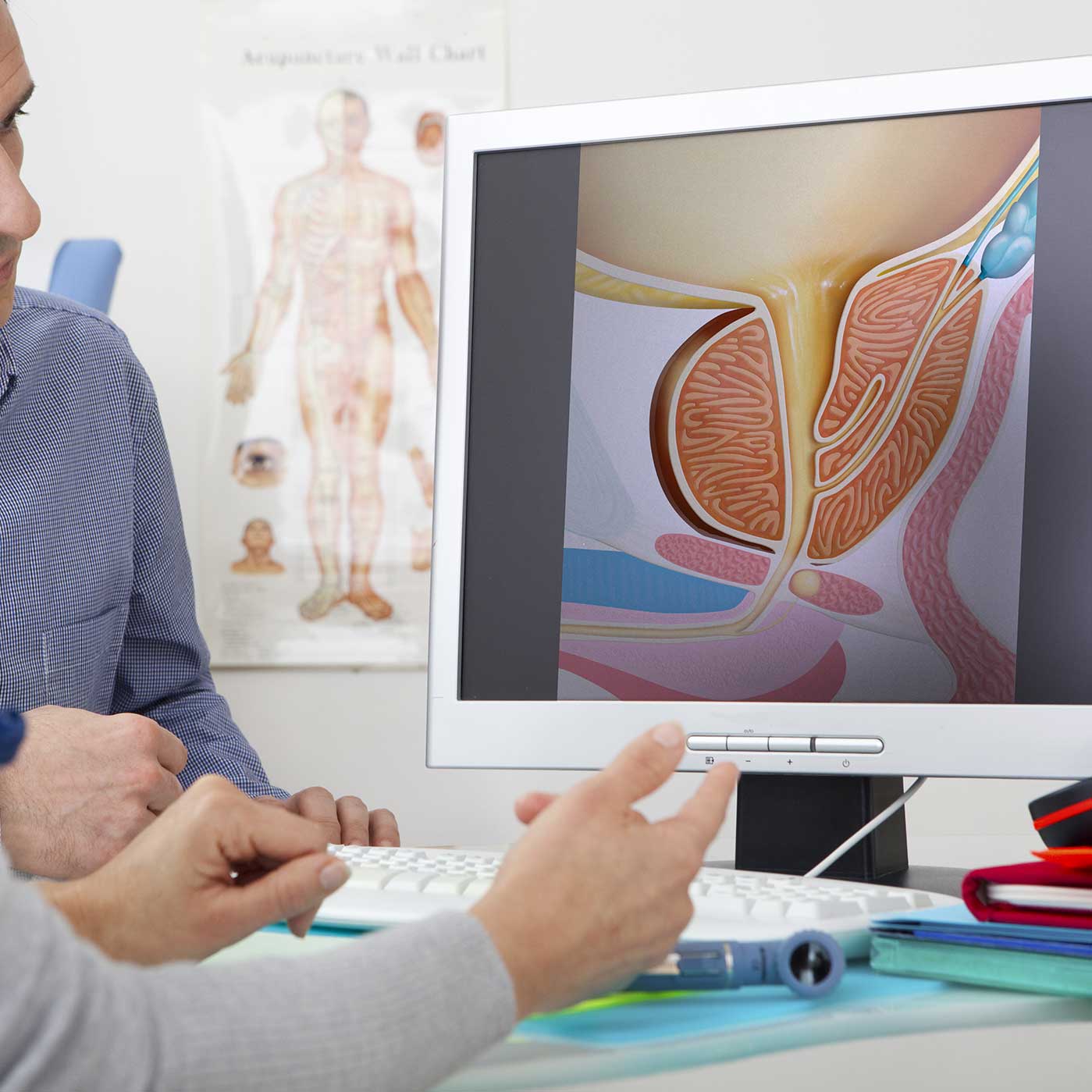PATIENT FORMS & EDUCATION
PATIENT FORMS
EDUCATION AND RESOURCES
- Agency for Healthcare Research and Quality and the American Urological Association
- Benign Prostatic Hypertrophy
- OAB – Overactive Bladder Education
- Bladder and Urinary Incontinence Education
- Fecal Incontinence
- Interstitial Cystitis
- Urinary Tract Infection (UTI) Education
- Kidney Stones
- Kidney Stone Prevention Diet:
- Erectile Dysfunction
- Hematuria
- Prostatitis
- Urinary retention
- PSA Testing
For all Diagnosis, From Agency for Healthcare Research and Quality and the American Urological Association:
Information for Patients and Consumers about getting diagnosed, having surgery, taking medications and having treatments, and using hospitals and clinics:
http://www.ahrq.gov/patients-consumers/diagnosis-treatment/index.html
http://www.urologyhealth.org/
Prostate gland enlargement is a common condition as men get older. Also called benign prostatic hyperplasia (BPH) and prostatic hypertrophy, prostate gland enlargement can cause bothersome urinary symptoms. There are several effective treatments for prostate gland enlargement. In deciding the best option for you, you and your doctor will consider your particular symptoms, the size of your prostate, other health problems you may have and your preferences. Treatments for prostate gland enlargement include medications, lifestyle changes and surgery.
Learn More About BPH
https://www.niddk.nih.gov/health-information/urologic-diseases/prostate-problems/prostate-enlargement-benign-prostatic-hyperplasia
http://www.mayoclinic.com/health/prostate-gland-enlargement/DS00027
http://www.nlm.nih.gov/medlineplus/ency/imagepages/18005.htm
http://www.americanmedicalsystems.com/home.html
Overactive Bladder is a sudden urge to urinate that you cannot ignore. It makes you fear you will leak urine if you don’t get to a bathroom right away. It can interfere with work, social life, exercise and sleep. There are many variations in symptoms and treatments.
The accidental leakage of urine. While it may happen to anyone, urinary incontinence is more common in older people. Incontinence may have several different causes and there a several types of incontinence.
http://www.nia.nih.gov/health/publication/urinary-incontinence
https://www.niddk.nih.gov/health-information/urologic-diseases/bladder-control-problems
Interstitial Cystitis is a condition that results in recurring discomfort or pain in the bladder and the surrounding pelvic region in the absence of infection or other identifiable causes. Symptoms may vary from person to person and even in the same person.
A urinary tract infection (UTI) is an infection in any part of your urinary system — kidneys, ureters, bladder and urethra. Most infections involve the lower urinary tract — the bladder and the urethra, and are typically treated with antibiotics.
https://www.niddk.nih.gov/health-information/urologic-diseases/bladder-infection-uti-in-adults
A kidney stone is a hard mass that forms in the kidney out of a substance in the urine. Most kidney stones pass out of the body with urine, but sometimes a stone will not pass by itself and needs a doctor’s care.
https://www.niddk.nih.gov/health-information/urologic-diseases/kidney-stones
Erectile dysfunction is when men can’t get a penile erection or can’t keep an erection long enough to finish having sex. Many medical conditions, the use of certain medicines and psychological problems may cause erectile dysfunction.
https://www.niddk.nih.gov/health-information/urologic-diseases/erectile-dysfunction
http://www.aafp.org/afp/2000/0101/p109.html
Hematuria is blood in the urine. Two types of blood in the urine exist. Blood that can be seen in the urine is called gross hematuria. Blood that cannot be seen in the urine, except when examined with a microscope, is called microscopic hematuria. Either way is important to determine the cause of the bleeding. Treatment depends on the underlying cause.
https://www.niddk.nih.gov/health-information/urologic-diseases/hematuria-blood-urine
http://www.mayoclinic.com/health/blood-in-urine/DS01013
Prostatitis is swelling and inflammation of the prostate gland, a walnut-sized gland located directly below the bladder in men. There are several types of prostatitis, each with a range of symptoms.
https://www.niddk.nih.gov/health-information/urologic-diseases/prostate-problems/prostatitis-inflammation-prostate
http://www.nlm.nih.gov/medlineplus/ency/article/000519.htm


